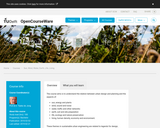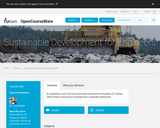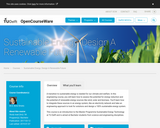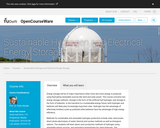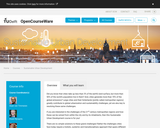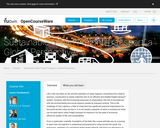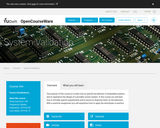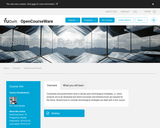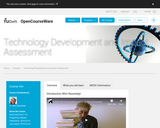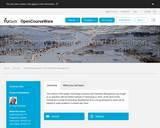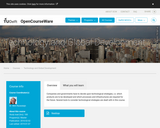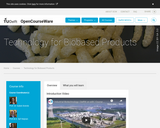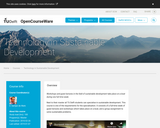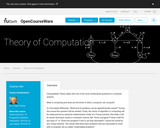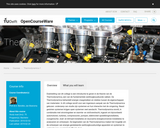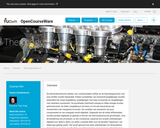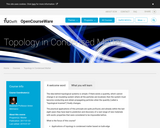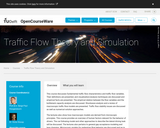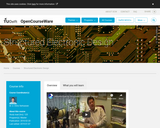
This course focuses on a systematic approach to the design of analog electronic circuits. The methodology presented in the course is based on the concepts of hierarchy, orthogonality and efficient modeling. It is applied to the design of negative-feedback amplifiers. It is shown that aspects such as ideal transfer; noise performance, distortion and bandwidth can be optimized independently. A systematic approach to biasing completes the discussion. Lectures are interactive and combined with weekly sessions where students can work on exercises under supervision of the professors.
- Subject:
- Career and Technical Education
- Electronic Technology
- Material Type:
- Activity/Lab
- Full Course
- Lecture Notes
- Provider:
- Delft University of Technology
- Provider Set:
- Delft University OpenCourseWare
- Date Added:
- 02/20/2016
